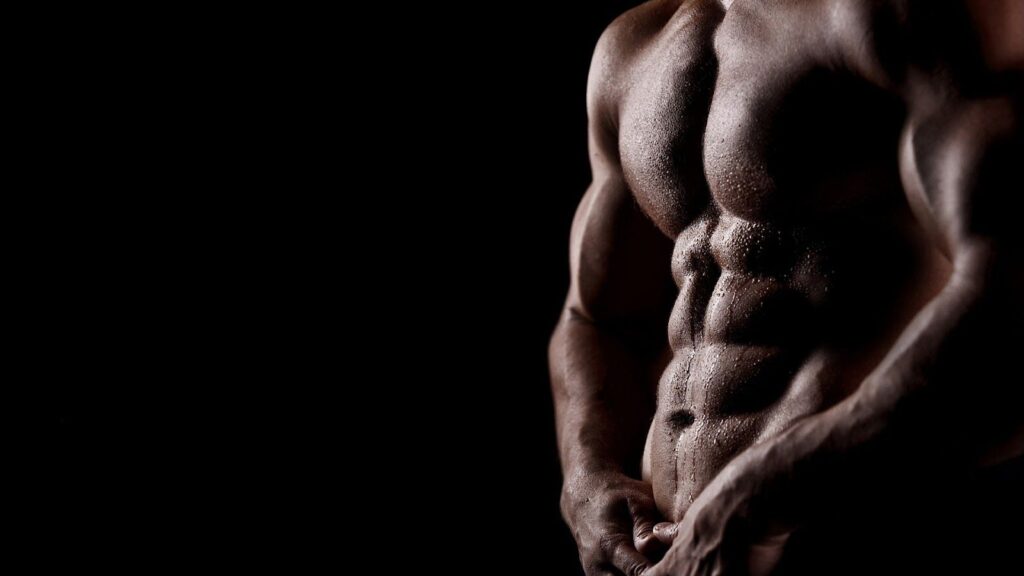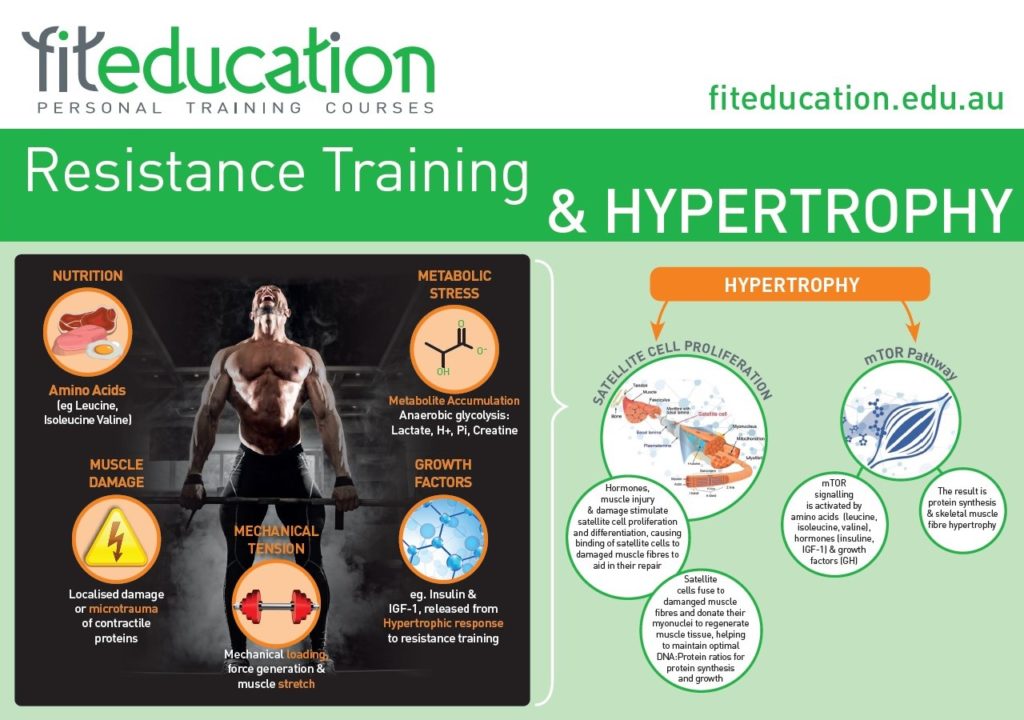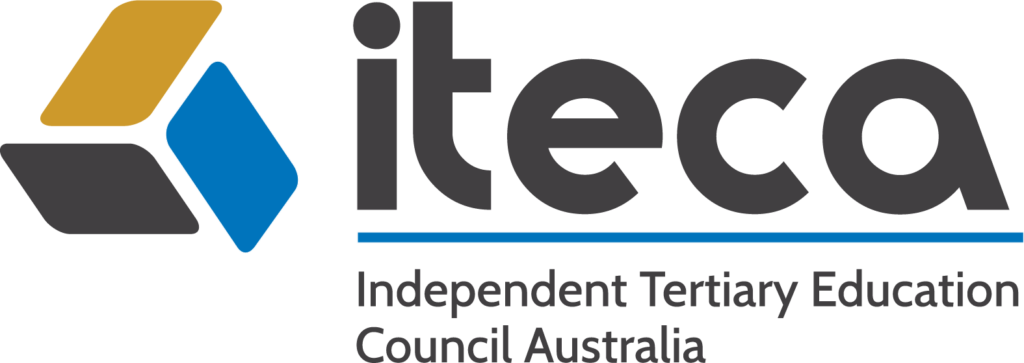Want to Increase strength, achieve a suitable body composition, and maintain fitness levels? Read on.

If you take your sporting performance (or health) seriously, you should already be consuming a diet which is:
- high in carbohydrates – primarily from breads, cereals, grains, legumes, fruits and vegetables,
- moderate in protein – choosing lean meats, poultry, fish, eggs and low fat dairy products and
- low in fat – minimising your intake of butter, margarines, oils and other ‘hidden’ fats.
Basically, a diet for muscle gain follows the same pattern, but with more of the same foods being eaten.
Alcohol should be limited especially if looking to gain muscle, it interferes with recovery and the stop muscle growth. Aim not to drink on gym days!
PRINCIPLE 1 – TO DEVELOP STRENGTH YOU NEED TO LIFT HEAVY WEIGHTS.
By lifting a bigger weight to what you are used to, you force our body to adapt to the new weight hence making you stronger. Strength training may leave you a little sore for a few days, as you do micro damage when lifting such high weights (heavy enough so that you reach maximum within the target rep range (usually 4-8).

PRINCIPLE 2 – TO GROW MUSCLES, YOU NEED TO FEED THE RIGHT NUTRIENTS TO SUPPORT GROWTH.
PROTEIN = BUILDING BLOCKS
CARBOHYDRATES = FUEL
Studies have shown that the timing and amount of protein are key factors when looking to gain muscle. On top of a balanced diet, additional protein and carbohydrate both before and after training can be of great benefit. As usual find a few items/choices that suit your lifestyle and preferences. The following combinations of food will provide both CHO (Carbohdyrates) and PRO (Protein).
The recommendation are that males aiming to gain muscle should consume 1.2-1.5g/kg/day of protein, any more than this and it will be used for energy production. But the protein will not go towards growth if you are not eating enough to meet your energy needs (i.e. wieght loss goals). You can therefore get stronger, whilst leaning up, but it is hard to lean up and get huge at the same time. If this is your goal, please prioritize, or follow the recommendations made on your fitness feedback sheet.
PRE GYM SESSION:
- Bowl of easy to eat cereal with milk
- Sports bars
- A smoothie, flavoured milk, milkshake or meal replacement drink (e.g. Sustagen)
- Tub of yoghurt + fruit salad
- Toast with baked beans or peanut butter
- Sandwich with a meat / chicken / fish filling and a juice
- Healthy burger or kebab
- Pasta or noodles with grated cheese, lean meat, chicken or tuna topping
- Creamed rice
- A ‘meal’ soup with a bread roll e.g. chicken and vegetable, minestrone
- A couple of handfuls of dried fruit and nuts
POST GYM SESSION (YOU NEED EXTRA PROTEIN AND CARBOHYDRATES FOR QUICK RECOVERY) :
You should aim to have something within 30 minutes, and then back up with something more substantial.
- Protein shake on milk (the milk proteins help your body stop breaking down muscle).
- Tuna sandwich and a glass of Orange Juice.
- Meat and pasta/rice.
- SEE LIST ABOVE.
NUTRITIONAL SUPPLEMENTS
Whether athletes should use supplements or not is a contentious issue made more confusing by the huge array of supplements promoted to athletes. There are many issues to consider when deciding whether to use nutritional supplements or not.
- Are you getting what you’re paying for? Quality control regulations for nutritional supplements vary from country to country, and are generally not tight.
- What is the supplement meant to help you with, and how does it work? Many athletes take supplements simply because someone else is – which is simply NOT a good enough reason!
- What is the proof that it works?
- How much does it cost? Is there any benefit over food alone?
- Are there any side effects, and could it affect your health and well-being in either the short or long term?

ALWAYS REMEMBER, NO SUPPLEMENT WILL EVER REPLACE SMART TRAINING OR A WELL-BALANCED DIET WITH ENOUGH ENERGY FOR YOUR NEEDS.
“WHAT SUPPLEMENTS SHOULD I USE?”
Is a common question asked in the gym. You can get meet all of your requirements via normal food intake, but supplements can be used to help meet the additional needs around training times, for their ease of preparation, access and probability. Remember why most people take a supplement: because they are looking for the easy way out, i.e. paying for something is easier than doing the gym work.
PROTIEN SHAKES:
Protein shakes provide an easy source of protein and carbohydrate to help and athlete meet their requirements in a convenient way. They are an effective tool in meeting nutritional goals when you may not feel like eating much after a grueling training session.
DO NOT GET A 100% PROTEIN SHAKE POWDER.
Remember you also need CHO for recovery and for your body to use the protein for muscle growth.
If you need to gain weight a 50/50 Pro/CHO ration is good, if you are trying to lose weight 70:30 pro/cho can be used. If you are concerned regarding cost, trying a smoothie of skim milk powder, Skim milk, milo, yoghurt and fruit.
***I do not recommend paying inflated prices for “extra” ingredients in a protein shake “Insulin mimicking hormones, pre-workout boosters, l-carnitine” Proper training and proper nutrition will account for 99% of your results, not the specials that cost many, many, many times more.
CREATINE:
Works by achieving higher stores of phospho-creatine in your muscles. This then allows you to train harder in gym and cause more “stimulus” that makes your muscles grow.
Usually comes in a powder form. Creatine will help provide the energy to lift the last few reps on a set of 8-12, it will not make you stronger in a 1 rep maximum situation, but can let you last longer and lift more reps at a given weight over 4 reps.
I do not recommend paying inflated prices for “extra” ingredients in a protein shake. Again just a simple Creatine Monohydrate or Creatine Malate will be sufficient. It is also recommended that when you are using creatine that you do not drink alcohol, as it has the opposite affect .
For dosage and loading principles look for the AIS NUTRITION FACT SHEET: CREATINE, as it sums up the recommendations perfectly. http://www.AIS.org.au
To find out more, speak to one of our Educators.
REMEMBER THESE KEY POINTS FOR THE OFF SEASON AND MUSCLE GAIN PERIOD!
- Heavy resistance training and proper nutrition are key!!!
- Carbohydrates – for muscle endurance and energy to train
- Protein – muscle building blocks
- Eat CHO and PRO 60-90min before a gym session
- Make sure you get CHO and PRO in your system within 30min of finishing training.
If you enjoyed this article you may also enjoy reading Top Fitness Lingo, or The 10 Commandments of a Personal Trainer.
Bulking up and hypertrophy training are covered in the Certificate III in Fitness, Certificate IV in Fitness

